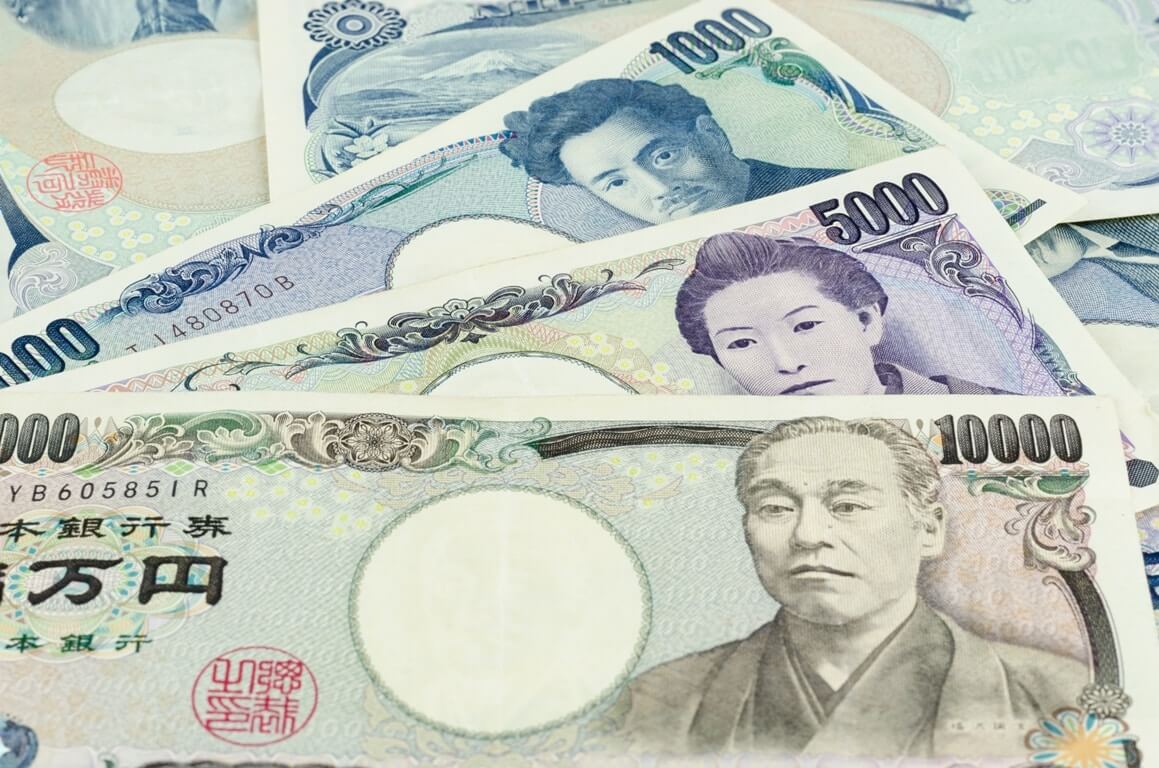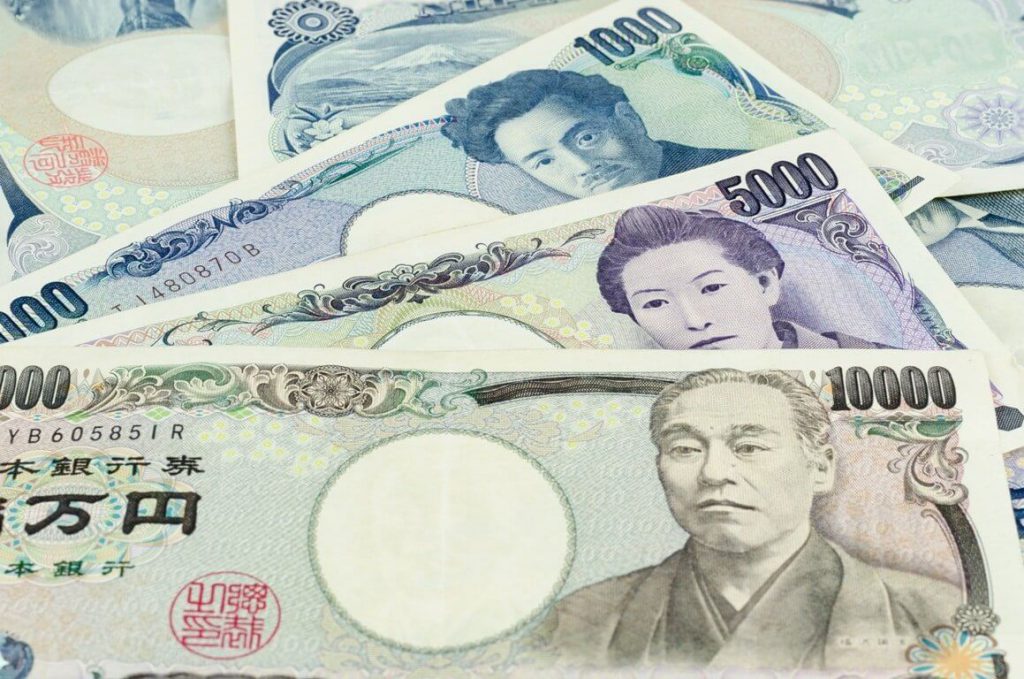
Japan Steps in To Halt the Yen’s Decline
Japan bought yen in the foreign exchange market for the first time since 1998 on Thursday, attempting to shore up the damaged currency after the Bank of Japan maintained ultra-low interest rates.
The dollar dropped more than 2% to roughly 140.33 yen during the late Asian hours. With no signs of further intervention by other central banks or assistance to the BOJ, the dollar was last, down about 1.24% to 143.31 yen. It had previously traded more than 1% higher on the BOJ’s decision to maintain its ultra-easy policy stance, defying a global tide of monetary tightening by central banks combating rising inflation. Analysts, however, questioned whether the measure would be enough to reverse the yen’s long-running decline. The currency has lost about 20% of its value this year, falling to 24-year lows, owing mostly to aggressive US interest rate hikes, pushing the dollar higher.
Japan was also the only major economy to maintain negative short-term interest rates after the Swiss National Bank hiked its policy rate by 75 basis points on Thursday, ending years of negative rates to limit the currency’s gain. Intervention in the purchase of yen has been quite infrequent. Japan last intervened to protect its currency in 1998, when the Asian financial crisis caused a yen sell-off and a significant departure of cash from the area. Previously, from 1991-1992, Tokyo acted to counter yen falls.
Ruble Hits 1-Month High
The ruble rose to a monthly high against the euro. After the Kremlin announced a partial military mobilization, it broke above 60 on Thursday as the Russian market regained some of its lost ground.
Russian financial markets fell sharply in the previous two sessions after President Vladimir Putin stated he had signed a decree authorizing a partial military mobilization, considerably intensifying Russia’s “special military operation” in Ukraine.
The ruble, which temporarily fell to its lowest level since early July in the previous session, was 1.55% higher against the dollar at 59.81 and 2.35% higher against the euro at 58.78, crossing the 59 thresholds for the first time since Aug. 19. It had gained 1.6% against the yen, reaching 8.438.
A day after the United States Federal Reserve hiked its benchmark interest rate, the Canadian dollar is falling anew, reaching lows not seen in more than two years.
Earlier this week, the loonie dipped below 75 cents US, and it fell even more after the Fed boosted its main interest rate by three-quarters of a percentage point on Wednesday.


